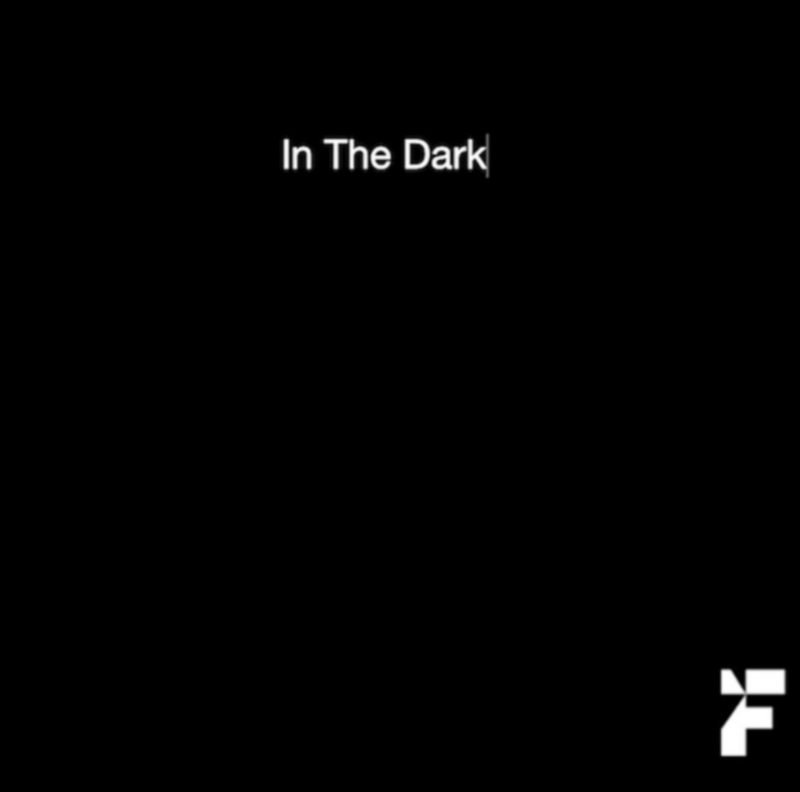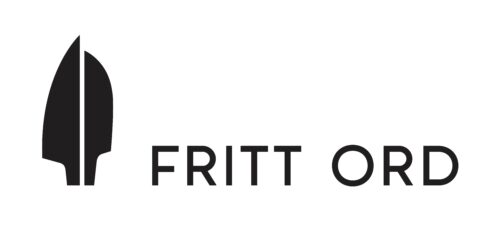In The Dark – a limited podcast series by Fotogalleriet

Inspired by themes and concerns brought up in the exhibition The Winter of Our Discontent by artist Maryam Jafri, shown at Fotogalleriet 3 November – 19 December 2021, In The Dark is a limited podcast series which sheds light on various aspects of issues raised by the exhibition under three thematic headlines: the right to be forgotten, the right to be remembered and invisibility, images and power.
Through 3 episodes, two in Norwegian and one in English, listeners encounter different voices and perspectives addressing three main concerns as they played out in the present moment through areas of professional knowledge production such as journalism, consumer protection, collections and archives, contemporary art, and international asylum and refugee law in the Nordic region and beyond.
Featured contributors are:
Finn Myrstad from the Norwegian Consumer Council (Forbukerrådet) and Vilde M. Horvei, technology journalist at tek.no
Michelle Tisdel, research librarian at the National Library, and artist Yohannes Mekonnen
Artist Marianne Heier and Jon Ole Martinsen from NOAS (Norwegian Organisation for Asylum Seekers).
The limited podcast series was produced by Fotogalleriet’s Head of Mediation and Communication (2020-2024) Håkon Lillegraven and Andreas Foldberg and recorded at RadioRakel. The project was made possible with financial support from The Fritt Ord Foundation.
The episodes are available to stream on Fotogalleriet’s Spotify and Soundcloud, and aired on Radiorakel, the world’s oldest feminist radio station, between December 13—16th 2021.
Episodes
Listen to the episode on Spotify here, or Soundcloud here.
In Episode 1: The Right To Be Forgotten (‘Retten til å bli glemt’) tech journalist Vilde M. Horvei and Finn Myrstad from the Norwegian Consumer Council (Forbukerrådet) discuss a report and open letter published in June 2021 by The Norwegian Consumer Council and 54 other organisations strongly advocating an international ban on surveillance based marketing.
Surveillance based marketing is the business model driving some of the world’s largest tech companies and social media platforms, including Facebook/Meta, Google, and more, but is also the model behind some of the most erosive political scandals of the last decade, and has been proven detrimental (even by Facebook’s internal research) to users’ mental health and self-image. It can also lead to the targeting of vulnerable groups for commercial gain or political propaganda. However, the same social media platforms have also enabled user-driven social and political campaigns as seen during the The Arab Spring in 2010-12 and more recently, the #freebritney movement.
How concerned should we be with the consequences of our presence and movements online? Do current regulations allow governments buy data from companies to surveil and limit our free movement and speech? What is a “creepy ad” and does it prove that our phones are listening to us? Does Facebook really have a “digital twin” based on our data, ready to be unleashed in their new “metaverse”?
Find out the answers to this and more by listening to episode 1 (in Norwegian)
Listen to the episode on Spotify here, or Soundcloud here.
In episode 2, we discuss the “right to be remembered” with research librarian and social anthropologist Michelle Tisdel and contemporary artist Yohannes Mekonnen.
Through the creation of national collections and archives, and institutions such as libraries and museums to house and disseminate them, nation states and other groups which wish to lay claim to power have produced and disseminated dominant historical narratives which have come to shape our self-perception and understanding of the world and its power structures and relations.
How do archives or national collections come into being, and who initiates them? Can archives or collections ever be fully representative? How have materials concerning Pan-African movements in the 20th century ended up in the Norwegian National Library? Do communities and individuals which archival materials concern have access to them on the same level as institutions and academics? What are the consequences of ones history being collected, categorised, and administered by someone else, or somewhere else?
To find out, listen to episode 2.
Episode 3: ‘Usynliggjøring, bilder og makt’ with Marianne Heier and NOAS (på norsk)
Listen to the episode on Spotify here, or Soundcloud here.
In the third and final episode, we meet artist Marianne Heier and Jon Ole Martinsen, senior advisor and spokesperson for NOAS — Norwegian Organization for Asylum Seekers.
Marianne Heier is a contemporary artist who in her work explores hierarchical structures and relationships within them, where questions related to the economy and circulation of value are central.
NOAS is an independent member organization that works to promote asylum seekers’ legal security in Norway, and assists asylum seekers in various phases of the asylum process.
At the invitation of KORO (Art in public space Norway) to create a work for the new Faculty of Law building in Oslo, Heier has created the work ACT, the first part of which consists of a legal process, a plinth in larvikite stone, a speech and a poster, and in 2023 a second part in the form of a seminar. Heier has collaborated with NOAS, and three of the cases they have led on behalf of refugees with a background from Iran form the legal material included in the artwork.
The actual legal proceedings the work refers to concern stateless Kurdish refugees who, according to Norwegian legal practice, are not recognized as stateless and thus cannot gain access to basic social services or residence permits in Norway. Heier made her art budget available for work on this matter to NOAS, which led and continued to lead the cases on their behalf.
The project has been made possible with financial support from The Fritt Ord Foundation
